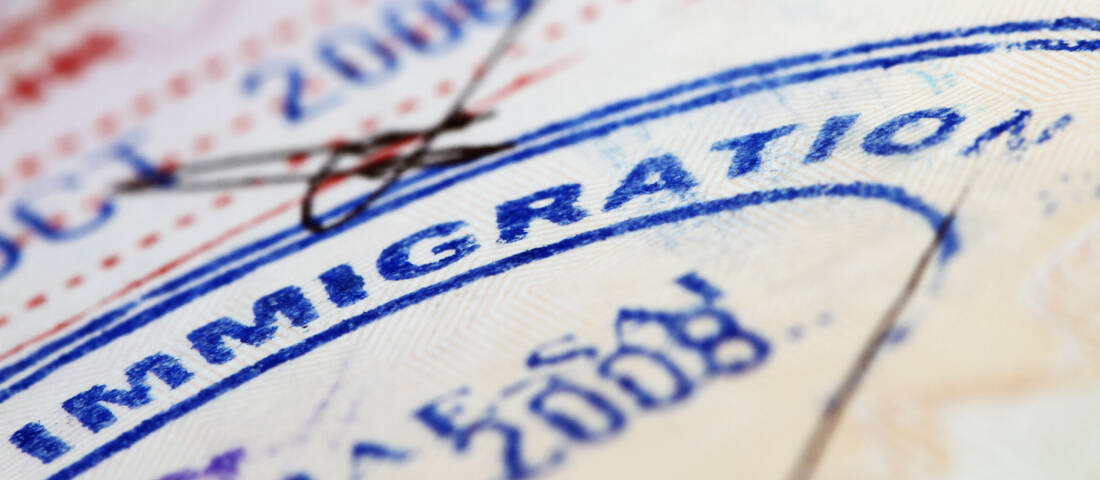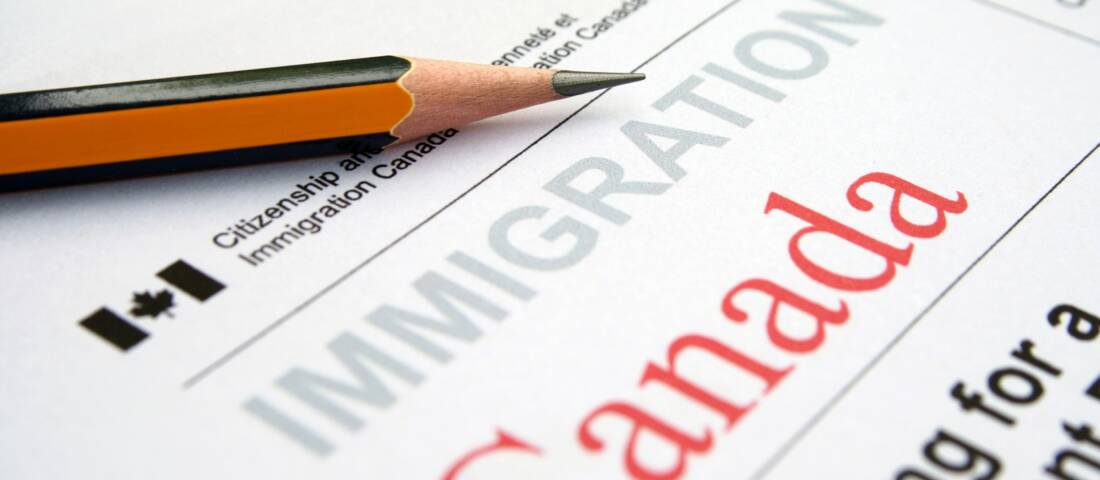For thousands of people living in the United States without legal status, the dream of starting over somewhere safe, stable and full of opportunity is very real. After years, sometimes decades, of living in the shadows, many are now asking: Is there a way to move to Canada without U.S. status?
The good news is that while the process isn‘t always easy, there are legal pathways to build a new life in Canada, even if you‘re undocumented in the United States.
Whether you‘re facing immigration uncertainty, family separation or limited access to work and healthcare, this article explores your options and risks to help you navigate your immigration journey.
Why People Without Status in the United States Are Looking to Move to Canada
Living without legal status in the U.S. can mean years of uncertainty, limited rights and constant fear of detention or deportation. Many undocumented individuals have built lives, families and careers, yet lack access to basic protections and long-term security.
With little hope of regularizing their status in the U.S., some are now looking north.
Canada offers fairness for all, access to healthcare and education and a clear path to permanent residence and citizenship for those who qualify. As a result, more people are searching for ways to move to Canada without U.S. status, especially through refugee protection, family sponsorship or humanitarian programs.
This growing trend reflects both a need for safety and a desire for stability in a country where the immigration system offers more predictable, compassionate pathways.
Can You Immigrate to Canada Without U.S. Status?
Yes, it is possible to immigrate to Canada without legal status in the United States, but it‘s important to understand that it‘s not automatic or guaranteed.
Canada does not base its immigration decisions on your U.S. immigration history alone. What matters more is whether you meet the eligibility requirements under Canadian immigration law.
If you are undocumented in the U.S., Canada may still consider your application under certain programs, especially if you have strong humanitarian reasons, family connections, own a business, have financial resources and education or qualify for refugee protection. In some cases, individuals who have lived in the US for many years without status may be eligible to apply from within the U.S. or after arriving at the Canadian border.
However, it‘s critical to approach this process carefully. Attempting to enter Canada without the right documents or legal strategy can lead to delays, refusals, or even being barred from future applications. That‘s why working with an experienced Canadian immigration lawyer is key to building a pathway that‘s realistic, legal and aligned with your specific story.
Possible Pathways to Consider
Even if you don‘t have status in the U.S., there are several legitimate immigration programs that may offer a fresh start in Canada. The right pathway depends on your background, ties to Canada, and current circumstances. Here are some of the most common options:
Refugee or Asylum Claims
If you fear returning to your home country due to persecution, violence, or serious harm, you may be eligible to seek refugee protection in Canada. Claims can be made at a Canadian port of entry or sometimes from within the country. Success depends on the strength of your case, supporting evidence, and whether you qualify under Canadian refugee law.
Humanitarian and Compassionate Applications
Canada offers an option for people with compelling personal situations who don‘t meet other immigration criteria. If you‘ve lived without status for many years, have strong ties to Canada, or would face significant hardship if removed, you may be eligible to apply for permanent residence on humanitarian and compassionate grounds.
Family Sponsorship
If you have close relatives in Canada, such as a spouse, common-law partner, parent or adult child, who are Canadian citizens or permanent residents, they may be able to sponsor you. Even if you‘re currently out of status in the US or elsewhere, you may still qualify under Canada‘s inclusive family reunification programs.
Economic Immigration
Some individuals without status in the U.S. may still qualify under economic immigration programs like Express Entry or Provincial Nominee Programs (PNPs), especially if they have work experience, education, language skills or a job offer in Canada. Your previous immigration history will be reviewed, but U.S. status is not always a disqualifier.
Start Up Visa Program (SUV)
If you’re an entrepreneur with a high-potential business idea and the support of a designated Canadian investor or incubator, the Start-Up Visa Program could offer you a path to permanent residence in Canada. Even if you don't have legal status in the U.S., you may still qualify. What matters most is your business plan and the ability to meet language and financial requirements.
Canada welcomes innovation, and the Start-Up Visa is designed to attract talented founders from around the world. With the right support, this program can provide a legal, long-term solution for people looking to rebuild their lives while contributing to Canada's economy.
Intra-Company Transfer (ICT)
You may be able to move to Canada under the Intra-Company Transfer (ICT) program. This program allows established foreign businesses to expand into Canada by transferring key personnel (including business owners) to open or operate a Canadian branch, subsidiary or affiliate.
To qualify, the business must be actively operating, and the principal applicant (usually the spouse with U.S. status) must have been employed in a key role for at least one year in the past three years. If successful, this route can lead to a work permit and eventually open the door to permanent residence.
Temporary Resident Permit (TRP)
In certain cases, individuals who would not normally be admissible to Canada may be granted a Temporary Resident Permit. A TRP can allow you to enter or remain in Canada for a limited time and may open the door to future applications for permanent residence.
Why Legal Help Makes All the Difference
Immigration rules are strict, and your history in the U.S. (including any removals, overstays, or prior applications) can impact your options in Canada.
That‘s why it‘s so important to speak with a Canadian immigration lawyer who understands both the legal nuances and the emotional weight of starting over. At Ackah Law, we‘ve helped many people who felt stuck, uncertain, or afraid that they had no way forward. The truth is, there may be a path; you just need the right strategy, timing and support.
A qualified lawyer can:
- Identify the best program or pathway for your situation
- Help you build a strong application, backed by evidence
- Navigate any red flags from your US immigration history
- Advocate for you with compassion and clarity
Immigration isn‘t just paperwork—it‘s your life. You deserve someone in your corner who sees the bigger picture and helps you create a future with legal status, safety and stability.
Let‘s Explore Your Options Together
If you‘re wondering whether you can move to Canada without U.S. status, the answer is yes—with the right approach and support. It may not be simple, but there are legal pathways that can help you leave uncertainty behind and start a new life in Canada.
At Ackah Law, we understand the emotional and legal complexity of immigration. We‘ve helped many people in similar situations find clarity and build a future where they are protected, respected, and free to thrive.
Whether you‘re ready to begin or still gathering information, we‘re here to help. Book an initial call with our client engagement coordinators to explore your options and take the first step toward your future in Canada with trusted legal guidance by your side.








